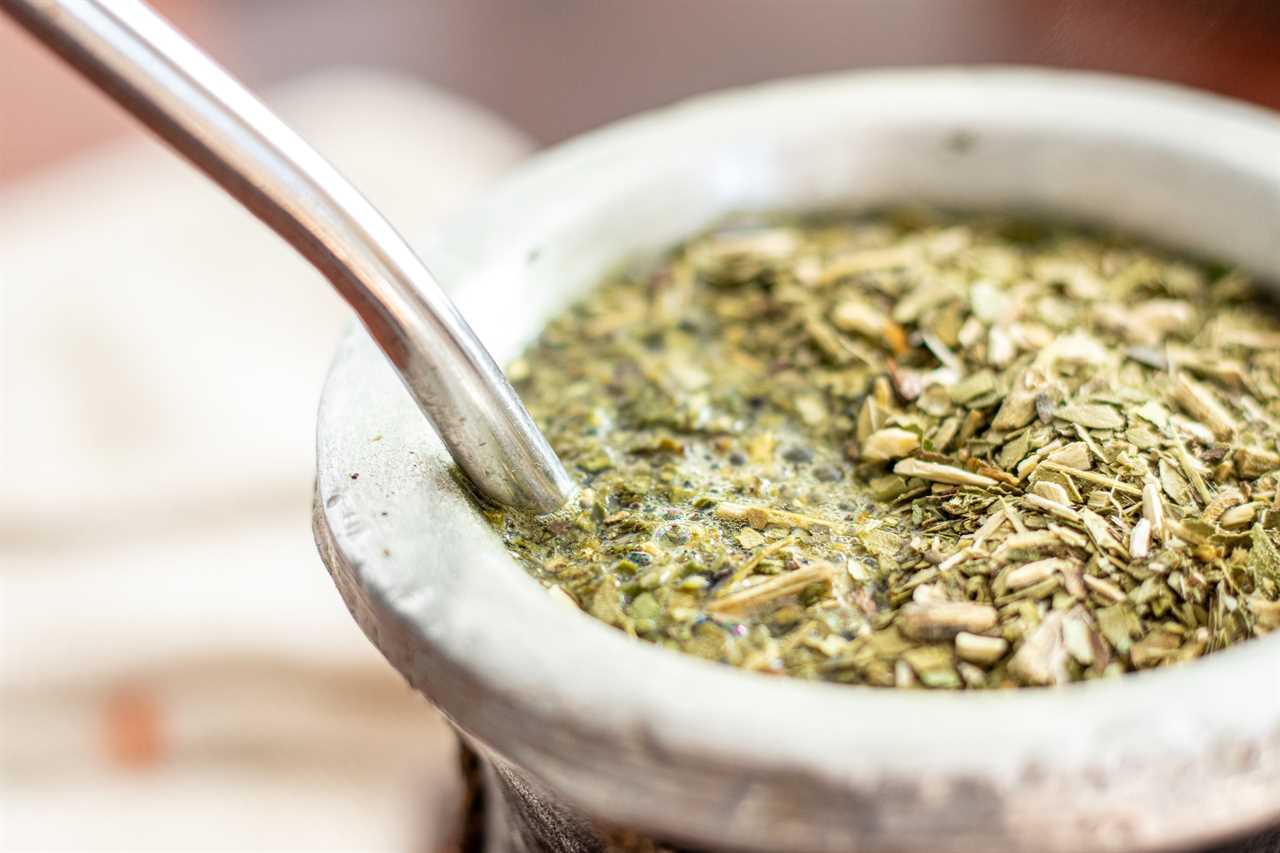HAVING a delicious cup of English breakfast tea is a daily occurrence for most people.
But studies have shown that one tea could triple your risk of certain cancers.

Several studies have looked at the risk between various cancers and yerba maté tea.
It’s a herbal tea that’s made from the leaves and twigs of the Ilex paraguariensis plant.
The leaves are typically dried over a fire before being dipped in hot water to make the beverage.
It’s previously been hailed for a range of health benefits including boosting your immune system.
However, a host of studies state that excessive consumption of the beverage could up your risk of cancer.
One study, published in the journal Cancer Epidemiology Biomarker and Prevention suggested that the tea could raise a person’s risk of lung cancer and digestive cancers such as oesophageal cancer, stomach cancer, bowel cancer, pancreatic cancer and liver cancer.
This, the experts suggested, is due to the fact that the tea contains a carcinogen called polycyclic aromatic hydrocarbons (PAHs).
PAHs are also found in products such as grilled meats and tobacco smoke.
The experts said: “Drinking mate, an infusion of the herb ilex paraguariensis, is very common in several South American countries, and has been associated with an increased risk of oesophageal cancer.
“This increased risk may be attributed to drinking mate very hot, or to mate’s potentially carcinogenic contaminants, such as polycyclic aromatic hydrocarbons.”
In a further review to the study, the experts found that it could ‘triple your risk’ of oesophageal cancer.
Oesophageal cancer is diagnosed around 9,200 times and the cause of 7,900 deaths every year in the UK.
Medics have previously looked at the way people take their tea and the link to oesophageal cancer.
‘THERMAL INJURY’
One study, published in 2019 found that people who drink hot tea were at risk of ‘thermal injury’.
The researchers found that people with a ‘lower education or wealth score’ drank tea at hotter temperatures and those who drank large amounts of tea would drink it at 65C or above.
Speaking to Trending In The News Nicola Smith, senior health information manager at Cancer Research UK, said: “There isn’t enough evidence to know for sure if drinking very hot yerba or mate tea can cause cancer, although some studies have found an association.
“Most hot drinks in the UK are typically drunk at lower temperatures, if you let your tea or coffee cool a little before drinking or add milk, there is no need to worry.
“If you are looking to reduce your risk of cancer, the best thing you can do is to have an overall healthy and balanced diet.
“This is a diet that is high in fibre, fruit and vegetables, and low in processed and red meat, high calorie foods and drinks.”
FURTHER LINKS
While the 2019 study shows a risk with hot drinks and their temperature – there have been other links to yerba.
Another study, compared drinking yerba tea, to being as dangerous as 100 smoking cigarettes.
However, they did say that while this data had been collected that people should head caution due to the fact that tea and cigarettes are consumed in different ways.
“Further careful studies of transfer rates in situations that mimic real life drinking of mate are recommended”, they added.
Their reasoning for this, they said, was due to how the tea is prepared in southern Brazil.
They said that in this part of the world, the tea is consumed in gourds which hold around 200ml of liquid and are filled with yerba maté leaves by two thirds.
They said that drinking it in the traditional way would expose consumers to the same amount of benzo[a]pyrene, found in five packets of cigarettes.
In most places, the product has been ground down into teabags, with major retailers selling eta infused with yerba.






